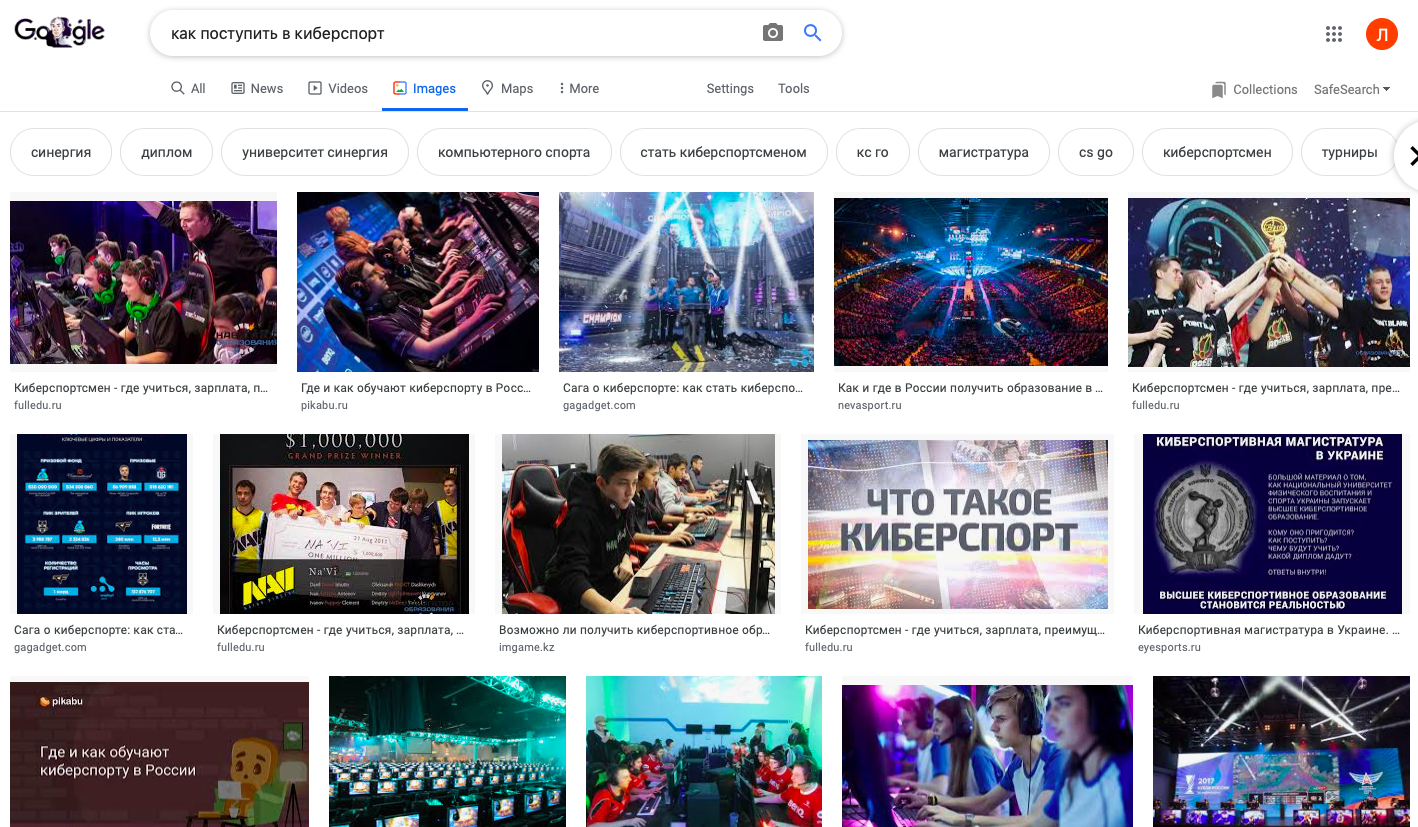How to get into esports?
How to Get into Esports
Currently in Russia, esports players are assigned ranks (I — III) and titles («Honored Master of Sports,» «Master of Sports of International Class,» «Master of Sports of Russia»). All major bookmakers, including Melbet, accept bets on esports. Besides the question of how to get into esports, many, especially those close to a beginner player, are concerned about whether there is any benefit from playing computer games. In the minds of most people, they are firmly associated with useless pastime and escapism. In 2019, competitions are planned in Russia for the following games:
And gamers’ reflexes are much better than those who do not play computer games. When asked how to get into esports, he encouragingly notes that if a player progresses, a successful career is guaranteed, although there is no secret here: as with anything, success will only come through hard work. So out of the wide variety of games, about 20 are recognized as esports, with each country confirming its own list.
Alexey «LeX» Kolesnikov, a famous Russian esports player who has now retired, explained in an interview with the Look At Me portal that joining large and prestigious teams can only be done by invitation. To receive an invitation, it is enough to participate in LAN and online tournaments and show good results. Managers usually get acquainted with players during tournaments, and showing initiative and sending resumes is futile. As for state support, the first esports sections in Russia began to open in 2017, but unfortunately, the process is slow. So it is not worth counting on this scenario yet.
300 rubles per month. In September 2017, the Ministry of Education and Science of the Russian Federation recognized the Russian State University of Physical Education, Sport, Youth, and Tourism as an effective higher educational institution. In the photo, President of the Russian Esports Federation Dmitry Smit. The first esports school in the Republic of Belarus. Nikolay Simakov (head of the cyber school in Tomsk) speaking to visitors.
Counter-Strike School Team. In the photo, the winner of the Russian Cup in FIFA 17 Kirill Ordinartsev and 12-year-old FIFA player Igor Loginov. According to the results of 2017, the Higher School of Economics ranked 382nd in the annual ranking of leading universities. The school teaches two main esports disciplines — Counter-Strike: Global Offensive and Dota 2. There are both theoretical and practical classes. The classes are taught not by top players or former esports players, but by people who can explain in detail and point out mistakes. But don’t think that weak players and unqualified specialists could have been allowed to work with future esports players: all teachers went through a serious selection process. Also, note the low cost of education: for 30 calendar days, a parent of one child will only pay 400 rubles.
It is clear that not everyone can become successful esports players. However, everyone has a chance to make a name for themselves in the young but popular industry. Just as esports quickly made its way onto TV screens, it also swiftly infiltrated education. Today, you can receive an esports education in many educational institutions around the world, including in Russia. The first esports schools in our country began to open in the late 2000s, and a few years later, one of the well-known Russian universities announced the opening of an esports specialty and department. Unlike the Russian State University of Physical Education, Sport, Youth, and Tourism, the Higher School of Economics did not dare to open a full-fledged esports specialty. Instead, a special course for professional retraining of esports managers was developed jointly with the Russian Esports Federation. The course was created to address the shortage of personnel in the industry. According to Dmitry Smit, the president of the Russian Esports Federation, the course is taught by the best practices, top managers, experts from major sports, and specialists from related fields. Students of the esports specialty at RSUPESY&T work as judges and organizers at regional and all-Russian esports championships. It feels like just yesterday we were gathering in stuffy and poorly lit basements called computer clubs, and today we are gathering in chat streams and discussing matches involving top Counter-Strike or Dota players without leaving our homes. Esports tournaments smoothly moved from basement premises to sports arenas worldwide, and esports players started making good money. With the appearance of specialized schools, esports finally gained the status of a professional sport. Unlike traditional sports, anyone can become a professional player regardless of age. The training course for esports managers was prepared by the Higher School of Economics in collaboration with the Russian Esports Federation.


